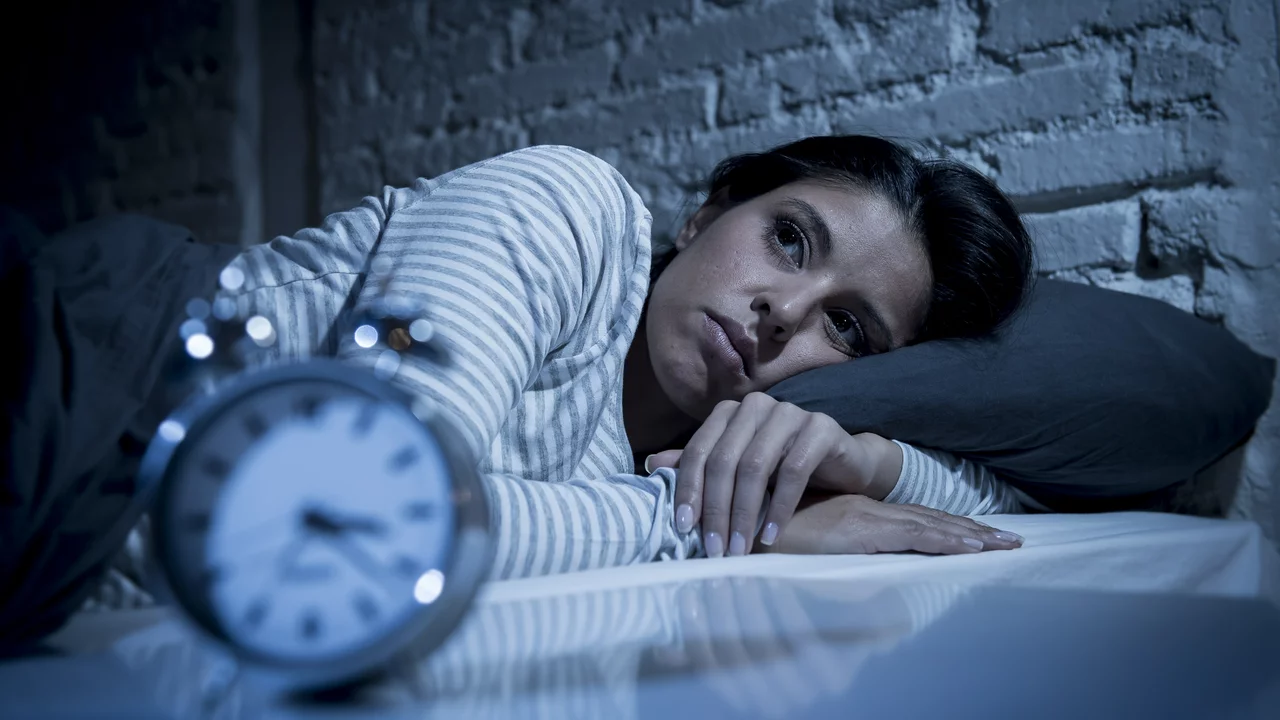Understanding Sleep Disorders: Signs, Causes, and What to Do
Waking up still tired, nodding off at work, or loud snoring aren’t normal. They often mean your sleep isn’t doing its job. Spotting the right pattern early makes it easier to fix the problem and protect your mood, memory, and heart.
Common Types and Signs
Insomnia shows up as trouble falling asleep, waking during the night, or waking too early and not feeling refreshed. It can be short-term after stress or long-term from habits, pain, or mood issues.
Obstructive sleep apnea causes loud snoring, choking, or pauses in breathing. You may wake gasping or feel exhausted during the day. Sleep apnea raises blood pressure and heart risk, so it’s more than an annoying snore.
Restless legs syndrome is an uncomfortable urge to move your legs at night. The sensation often improves with movement but ruins sleep. Low iron, some medicines, and other conditions can trigger it.
Narcolepsy leads to sudden sleep attacks, cataplexy (brief muscle weakness with emotion), and poor nighttime sleep. It’s less common but highly disruptive and needs specialist care.
How to Get Help and Practical Tips
Start by tracking sleep for two weeks. Note bed and wake times, naps, caffeine, alcohol, meds, and how rested you feel. A simple log helps your doctor see patterns fast.
If poor sleep lasts more than a month, see your primary care doctor. They’ll review health, meds, and mood. For suspected sleep apnea they may order a sleep study (in-lab polysomnography or home testing). Narcolepsy and complex cases usually need a sleep specialist.
Try basic sleep hygiene first. Keep a consistent wake time, avoid screens for an hour before bed, and limit late caffeine and heavy meals. Make your bedroom cool, dark, and quiet. Small changes often produce big gains in days to weeks.
For chronic insomnia, cognitive behavioral therapy for insomnia (CBT-I) is the top non-drug treatment. It changes habits and thoughts that keep you awake. Short-term medication can help in some cases, but discuss risks and benefits with your doctor.
Sleep apnea is commonly treated with continuous positive airway pressure (CPAP), oral devices, or weight loss. Restless legs often responds to correcting iron levels, changing meds, or using specific prescription therapies. Narcolepsy treatments include wake-promoting drugs and planned naps.
Daytime sleepiness is a safety issue. If you fall asleep during routine activities or a partner reports breathing pauses, get evaluated. Quick steps: set a wind-down routine, avoid alcohol near bedtime, and fix your sleep schedule. If those don’t help after a couple of weeks, book a medical checkup.
Want a one-step checklist? Track sleep, fix bedtime habits, check for breathing pauses, and see a doctor if you still feel sleepy during the day. That simple plan catches most problems before they get worse.
The Science of Sleep: What Happens When We Suffer from Sleep Disorders?
In my latest blog, we explored the fascinating science behind sleep and the detrimental effects sleep disorders can have on our health. We delved into the intricate processes our bodies undergo during sleep, and how disruptions to this can lead to a variety of health issues. We learned that sleep disorders can cause cognitive impairment, mood swings, and chronic health problems. Moreover, we discussed various types of sleep disorders and their potential remedies. Finally, we emphasized the importance of seeking professional help if you suffer from a sleep disorder.
More
